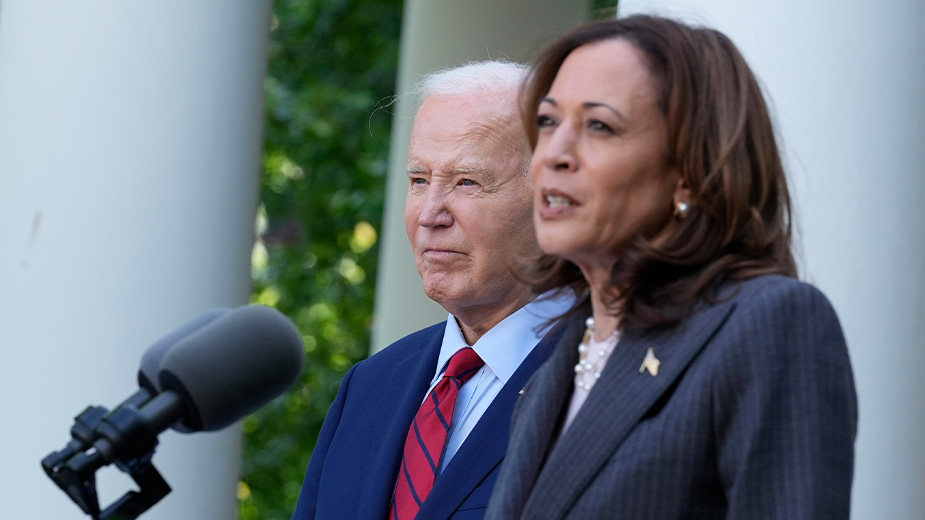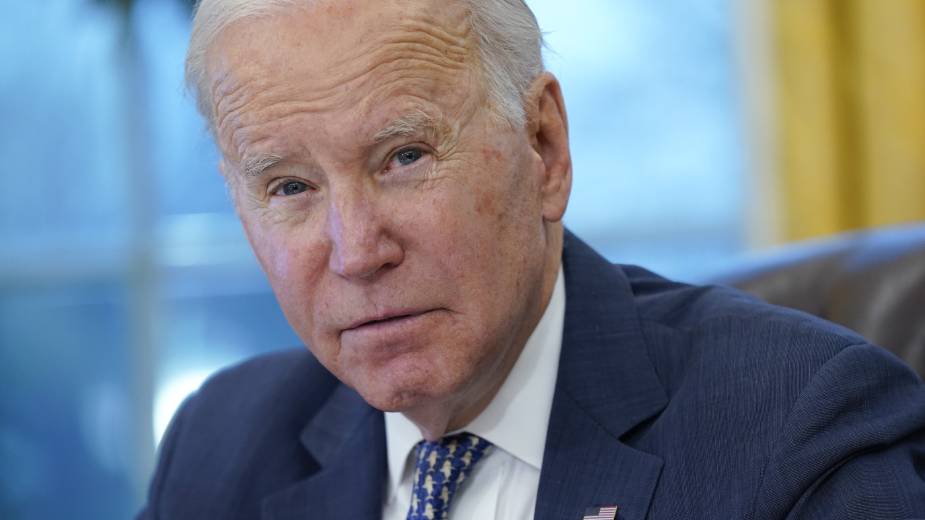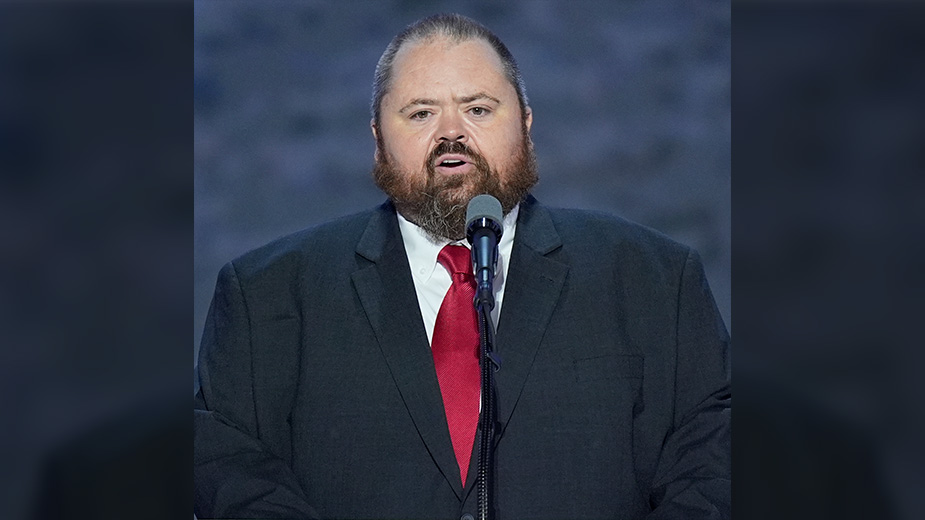Auto Industry Takes Front Seat at Senate Finance Hearing
WASHINGTON — During a Senate Finance Committee hearing Wednesday, U.S. Sens. Sherrod Brown and Rob Portman touted bills they’ve each proposed in an effort to aid the auto industry in the United States, specifically in Ohio.
Brown, D-Ohio, received support for his proposed American Cars, American Jobs Act from an executive with the United Autoworkers. The union’s legislative director, Josh Nassar, was at the committee hearing, which focused on the American auto industry. He said that Brown’s bill that was introduced in August would “absolutely” help keep auto jobs in the United States.
During the hearing, Brown denounced General Motors’ decision to halt the second shift at GM’s Lordstown plant while announcing plans to build the new Chevrolet Blazer in Mexico.
“Do you agree GM’s decision is proof that our policies don’t do enough to encourage U.S.-based production?” Brown asked Nassar.
“It’s absolutely proof, and it’s proof we’ve seen time and time again,” Nassar responded.
Click here to download a video of the exchange between Brown and Nassar.
If passed by Congress and signed into law by President Donald Trump, the American Cars, American Jobs Act would temporarily provide car buyers with a $3,500 discount when they purchase or enter into a five-year lease for one of 100 cars and trucks manufactured in America, including all passenger vehicles made in Ohio. It would also revoke a tax break included in the Tax Cuts and Jobs Act of 2017 that Brown said gives companies an incentive, including automakers, to manufacture products outside the United States.
This came just a day after Portman, R-Ohio, met with GM CEO Mary Barra in an effort to convince Barra to invest in the Lordstown plant and bring in a new product. Barra declined to make such a commitment, despite Portman pointing out incentives in the tax bill “for precisely that kind of investment,” he said.
The meeting was “kind of discouraging,” Portman said. “On the other hand, I’m glad we delved into the details. We need to know what we’re facing and what the options are.”
During the finance committee hearing, Portman addressed the negative impact that misuse of Section 232 of the Trade Expansion Act of 1962 could have on the U.S. auto industry.
Section 232 is a measure used in conditions of national security. Portman contends that misuse could result in trade wars with America’s top trade partners.
“There’s actually a consensus building around what I consider the misuse of Section 232. It’s meant for national security purposes, and again, for my state it’s particularly concerning that we might shift to autos,” Portman said. “I do think that with regard to steel you can make an argument that with certain countries and certain products there is a national security issue. I would say that electrical steel is a good example of that.”
Automobiles are “a very different case,” he continueded, arguing that implementing Section 232 “would actually make it harder to make a car in America.” He said Nassar himself was supportive of Section 232, but acknowledged that the UAW official said “it needs to be very targeted and very specific as to country, as to product.”
Portman highlighted the Trade Security Act that he introduced in August. If passed, the bill would reform Section 232 as a trade remedy tool for the president and Congress to use in response to genuine threats to national security. It would require the Department of Defense to justify the national security basis for new tariffs under Section 232 and increase congressional oversight of this process.
Honda, which has four manufacturing operations in Ohio, has endorsed the Trade Security Act, Portman said. Rick Schostek, executive vice president of Honda North America was on hand for the hearing and said the bill would help offer some clarity on how the tariffs would be applied.
“We’re heavily invested in manufacturing, you know our R&D strength in Ohio,” Schostek said. “We’re really contributing significantly to the U.S. industrial base. I say that for Honda as a company but I can say that for the entire auto industry, all 14 companies that are doing business and making product here in the United States are contributing to the industrial base.”
Portman addressed Michael Haughey, president and CEO of North American Stamping Group, about how the tariffs may affect the price of automobiles, citing a potential average increase of $2,000 for a domestically produced car.
“I think it’s going to cascade for a long period of time until finally the auto companies don’t have a choice but to take the price of a car up,” Haughey said. “When they do that, volumes will eventually come down because cars will not be affordable.”
Haughey mentioned that hiring is one of the biggest problems at his company’s Ohio plant. North American Stamping Group operates a 26,000-square-foot plant in Ada, Ohio, as well as plants in Tennessee, Indiana, Canada and Mexico.
“One of the reasons we did a hiring freeze is just the uncertainty, but the other thing is, we had, within the U.S., probably a hundred open jobs around the time that the tariffs hit and a very difficult time hiring workers,” Haughey said. “In our headquarters in Tennessee, as an example, we’ve had to set up our own school inside the plant. We have a full-time teacher, trainers and apprenticeship program.”
Copyright 2024 The Business Journal, Youngstown, Ohio.



